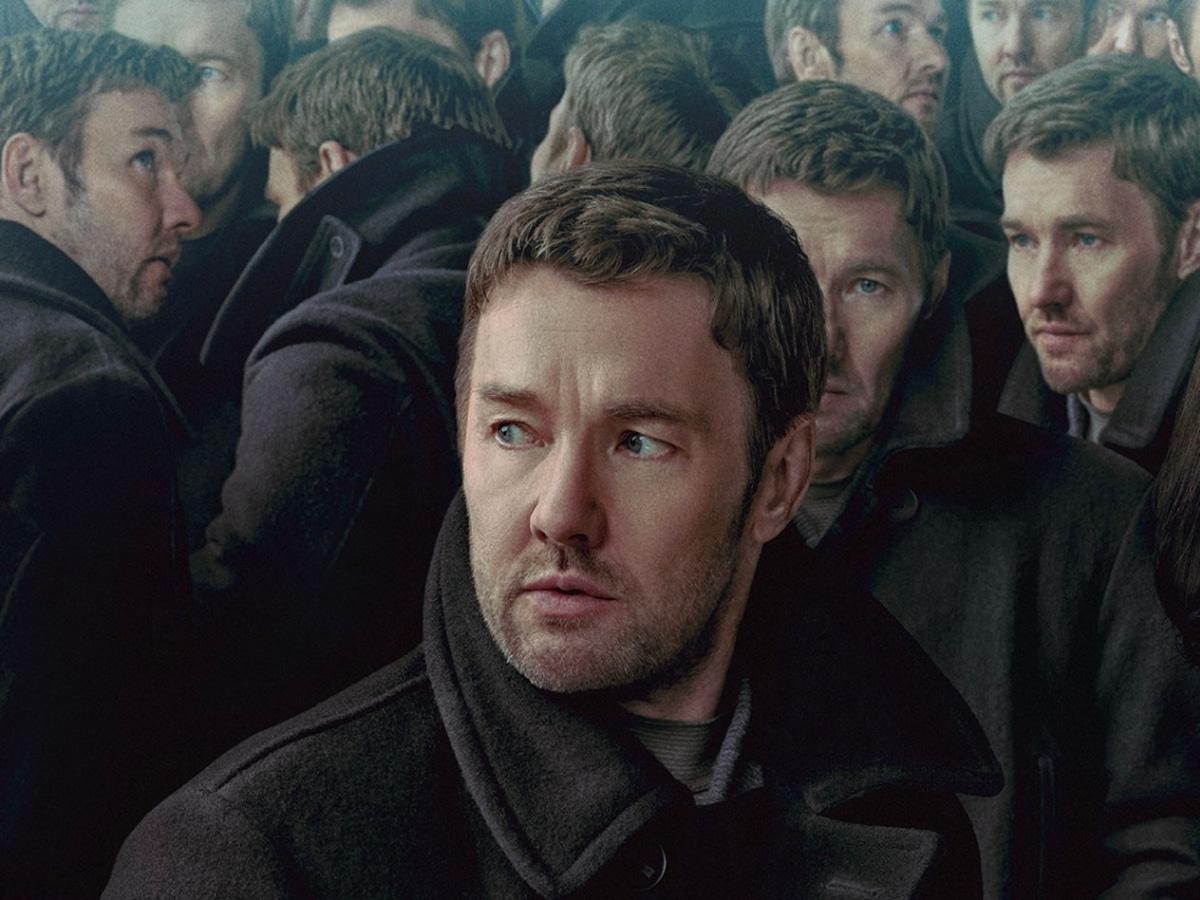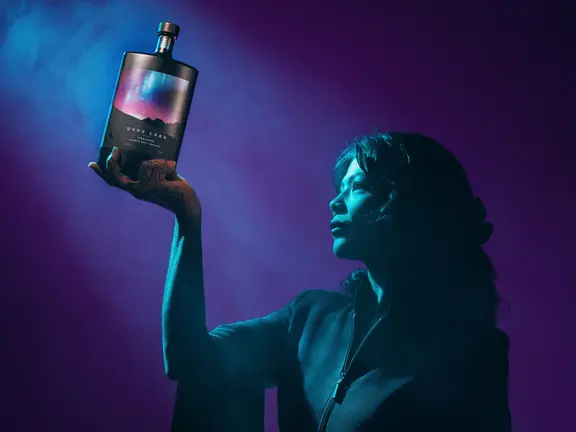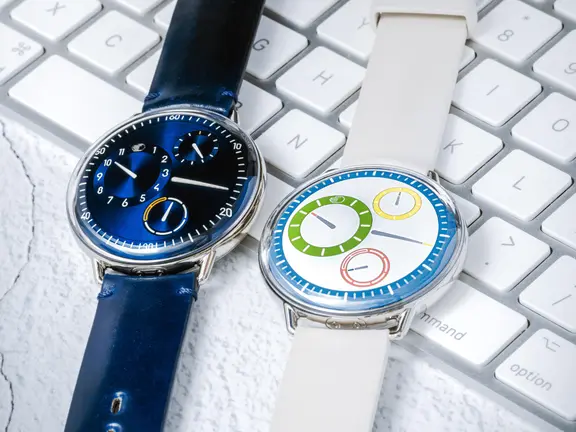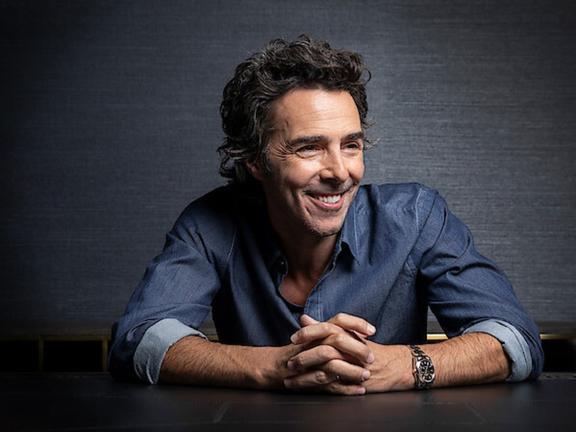When it comes to home-grown actors, Joel Edgerton is one of our finest. From starring roles in films like Animal Kingdom, The Great Gatsby, and Loving, to pulling double duty as the writer behind The King and The Gift (the latter of which also highlighted his talent as a director), Edgerton’s approach to his work has long been one of quiet achievement. More a hardy and understated eucalypt than a flashy tall poppy, he’s managed to endear himself to an Australian public that’s notoriously wary of anyone in need of an ego adjustment.
However, despite what one might assume from Edgerton’s deft navigation of the path to the A-list, his rise to stardom was far from assured. In fact, for the kid who grew up in Sydney’s west in the ‘70s and ‘80s, his hard-to-fathom Hollywood journey very nearly ended before it began.
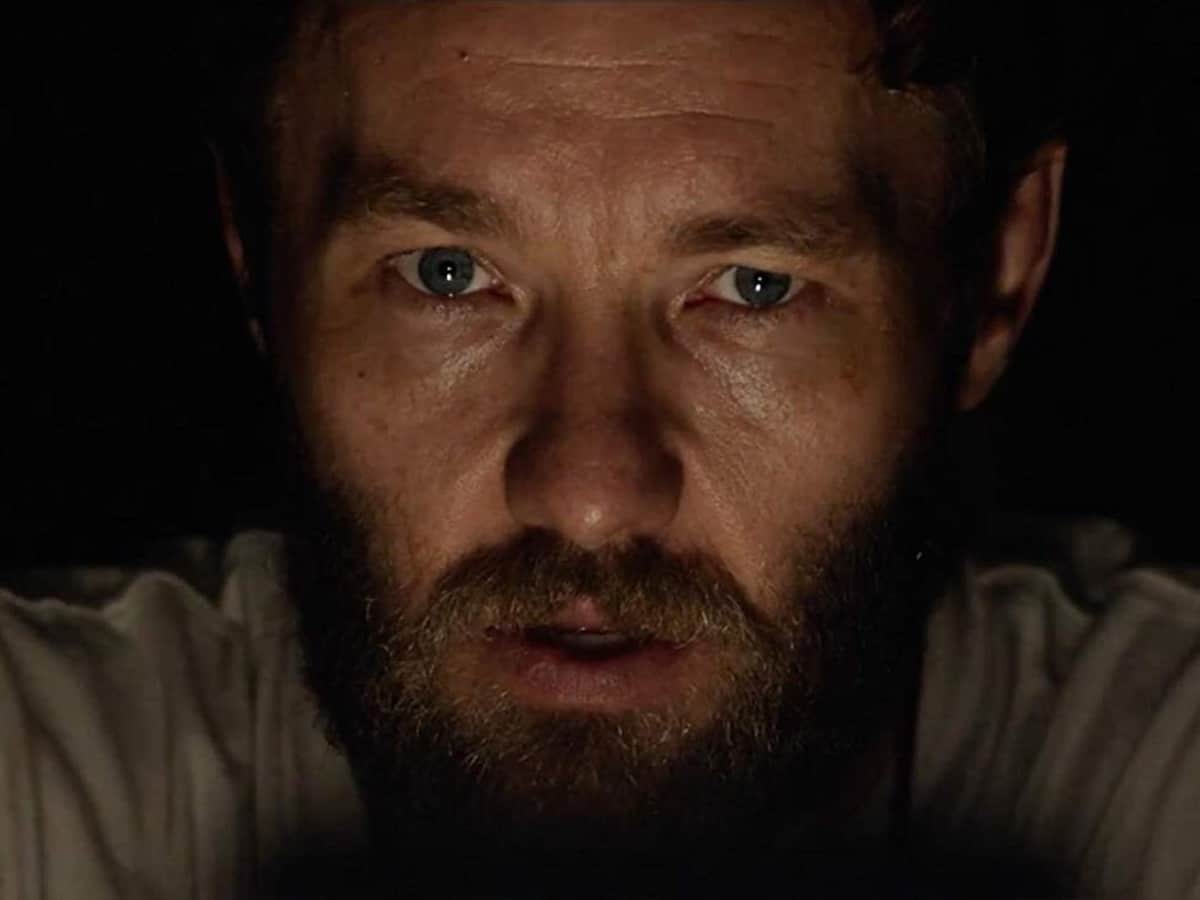
“I feel like at one point in my life, I was going down a relatively dark road, and that would have changed everything for me if I hadn’t made certain choices,” Edgerton reveals to me. “Just regarding my lifestyle, personal life, and stuff like that.”
The ambiguity of Edgerton’s words suggests this is not something he’s particularly fond of exploring. And yet, the warmth and modesty of this steadfastly Aussie bloke are undeniable as he goes on to describe how the world was almost presented with a very different version of Joel Edgerton. One in the form of a struggling, tortured painter.
“I remember when I was about to go off and explore being an actor that there was another choice I was going to make, which was to go to fine art school,” he explains. “I was really interested in seeing what it would be like to learn about being an artist, about being a painter. Maybe I’d have had a successful life as an artist, or maybe I’d have already hung up the paintbrushes and kicked my paint cans down the road in disgust with myself. Maybe I’d be the worst artist you’ve ever seen. Who knows?”
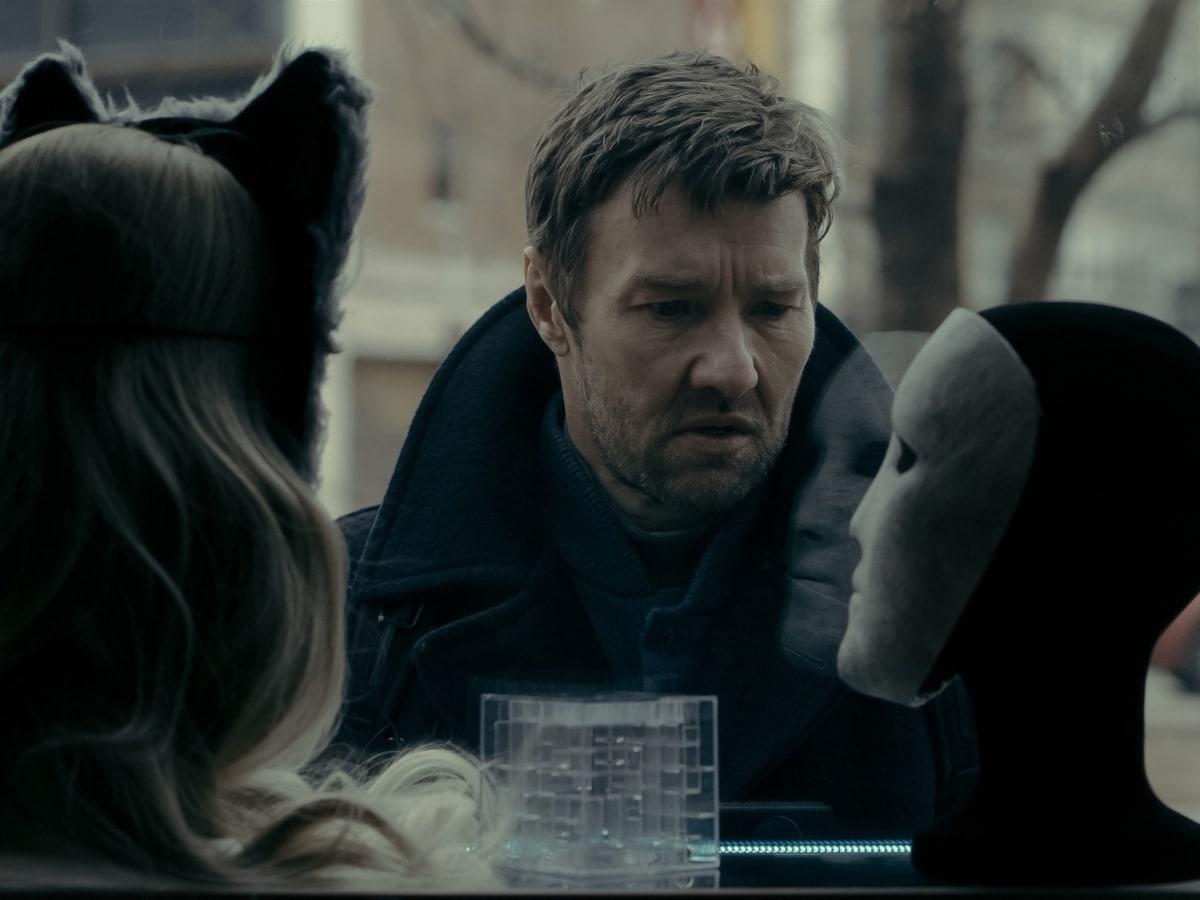
While we may or may not have missed out on Australia’s next Brett Whiteley or Sidney Nolan, it seems like a fair trade to instead have the extraordinary performances contained in films like Master Gardener and The Stranger, not to mention the existence of Edgerton-penned scripts like The Rover and Boy Erased. Although primarily known for his acting, Edgerton’s abilities as a scriptwriter and director should not be overlooked.
“It’s all storytelling,” he volunteers. “If you’re a director, you’re overseeing the whole story and puppeteering the whole thing. And if you’re a writer, you’re building the world that you know you can create. As an actor, you’re just participating in that world and trying to do the best thing to service the story. And as a producer, there’s any number of things you can do.”
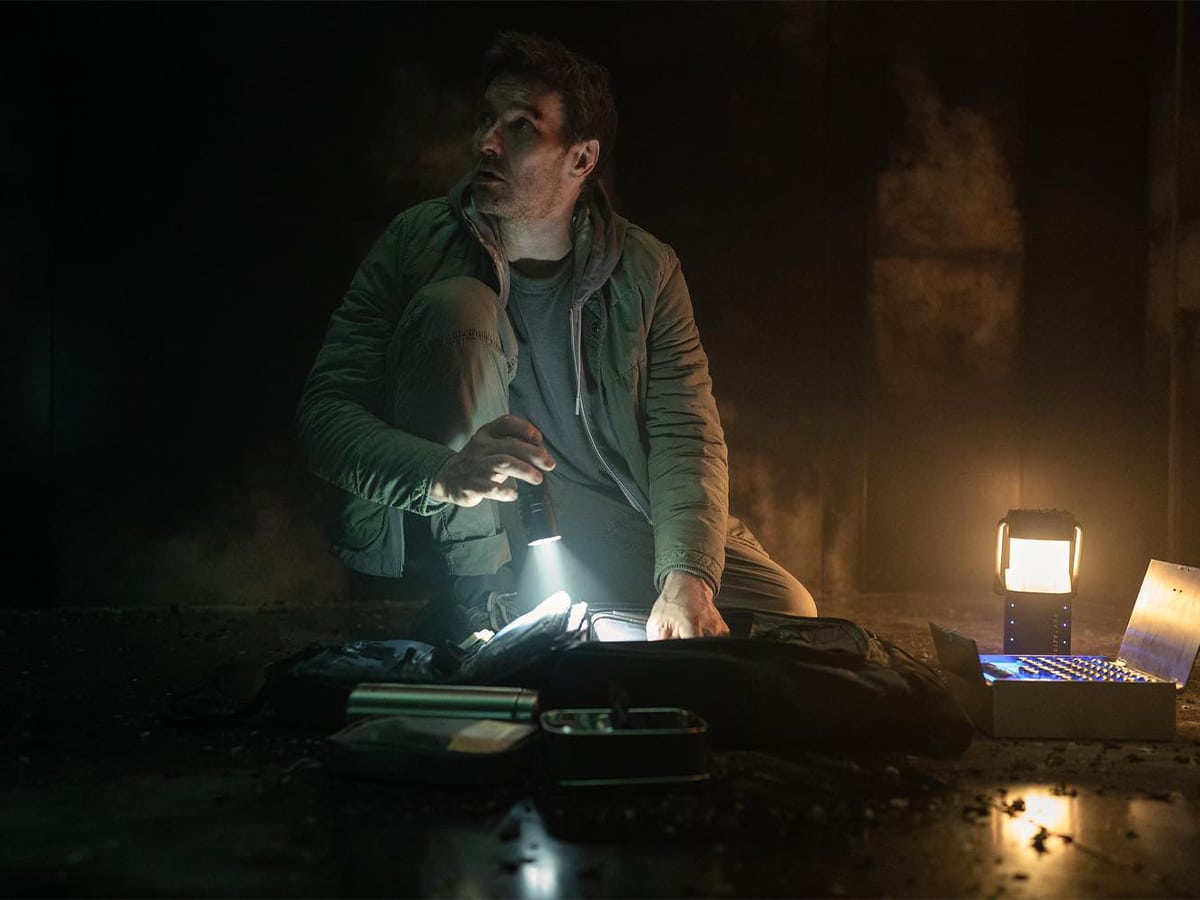
This willingness to take on multiple roles served Edgerton well for his latest effort, the Apple TV+ science fiction noir series Dark Matter. An outstanding showcase of his dramatic talents, the show echoes the paranoia and uncertainty found in the likes of Black Mirror and Severence, while serving up a tension that’s reminiscent of Harrison Ford’s 1993 thriller The Fugitive and the 2002 Steven Spielberg and Tom Cruise collaboration Minority Report.
The series’ plot follows Jason Dessen (Edgerton), a former quantum mechanics physicist who chose family over career a number of years ago and now lives the life of an uninspired college professor. While Dessen’s love for his wife Daniela (Jennifer Connolly) and son Charlie (Oakes Fegley) remains unwavering, he finds himself mourning the professional success he believes would have been his had he made different choices. Dessen’s world unravels when he’s brutally attacked following a heavy drinking session at his local haunt and he regains consciousness within a reality he doesn’t recognise. Even more concerning, a darker version of himself now occupies his own.
“The character I play is someone who chose family and the responsibility of having a child and a partnership. He gave up on his his true dreams, and by circumstances of grief and going through a family trauma he sort of felt like his life had plateaued,” Edgerton explains.
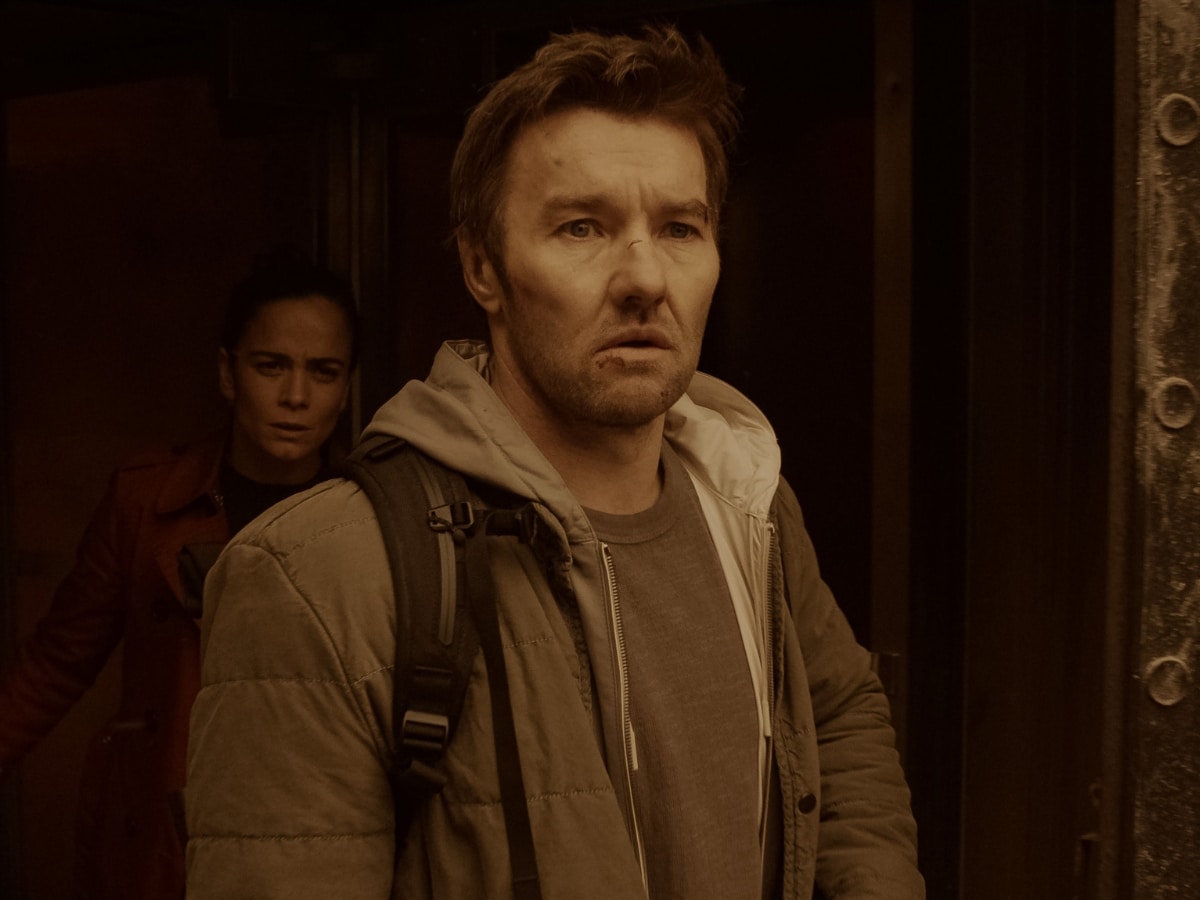
“On the other hand, you have the guy who chose not to have the family, pursued his dreams and became confident, wealthy, and successful. But neither of them, ironically, are very happy, and both would probably say they’d like to experience the other version of that life. So there’s subtle differences in confidence, outlook, and levels of contentment or happiness, but there’s a sort of disquiet that exists in both of them for different reasons.”
Playing multiple versions of the same person in this way gave Edgerton the chance to delve into the long-term ramifications of the choices we make every day. As he elaborates, “Dark Matter allowed me to explore things that are really resonant to me, and I think all of us. The idea of who you are based on all the choices that you’ve made up until this point. Those in-the-moment decisions that make you who you are, shape your personality and your levels of happiness, and how often we might look back on those choices and wonder if we did did the right or wrong thing.”
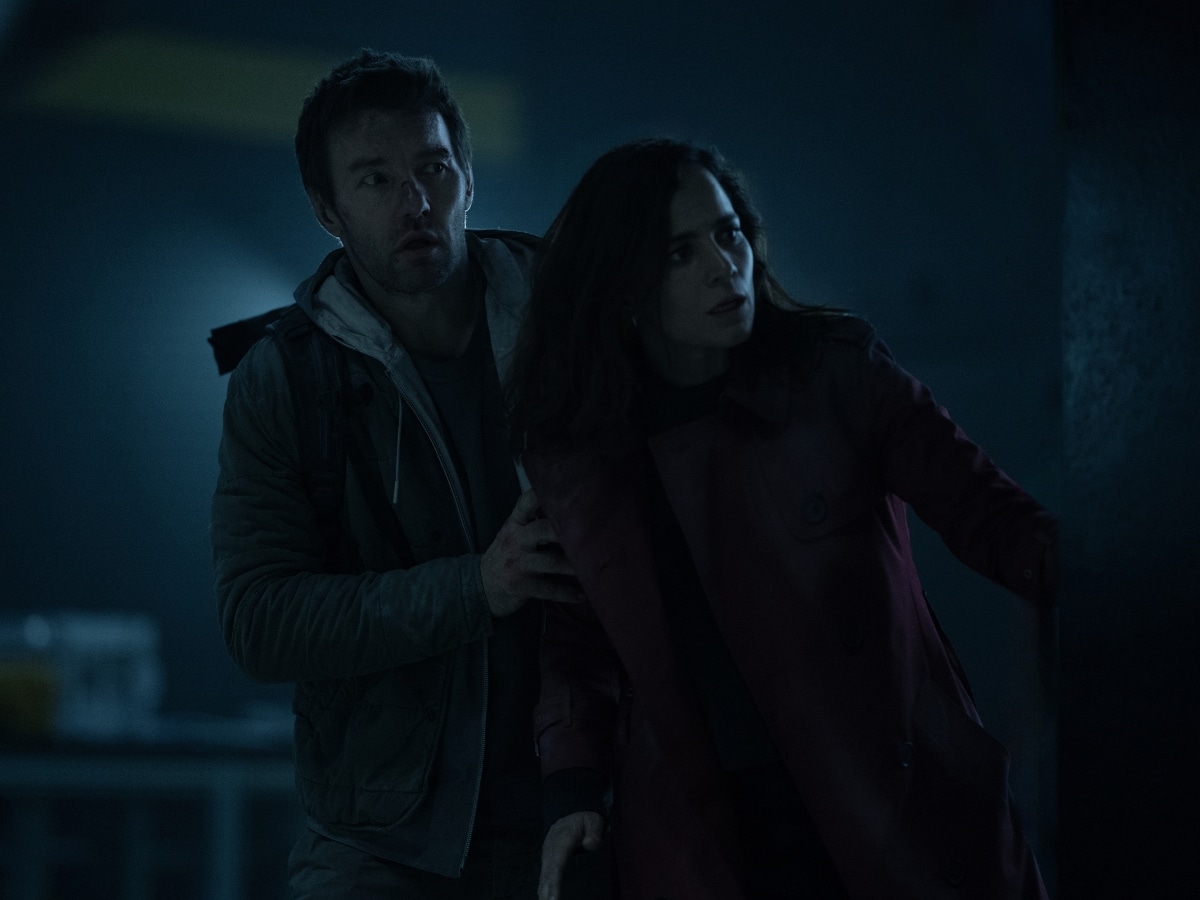
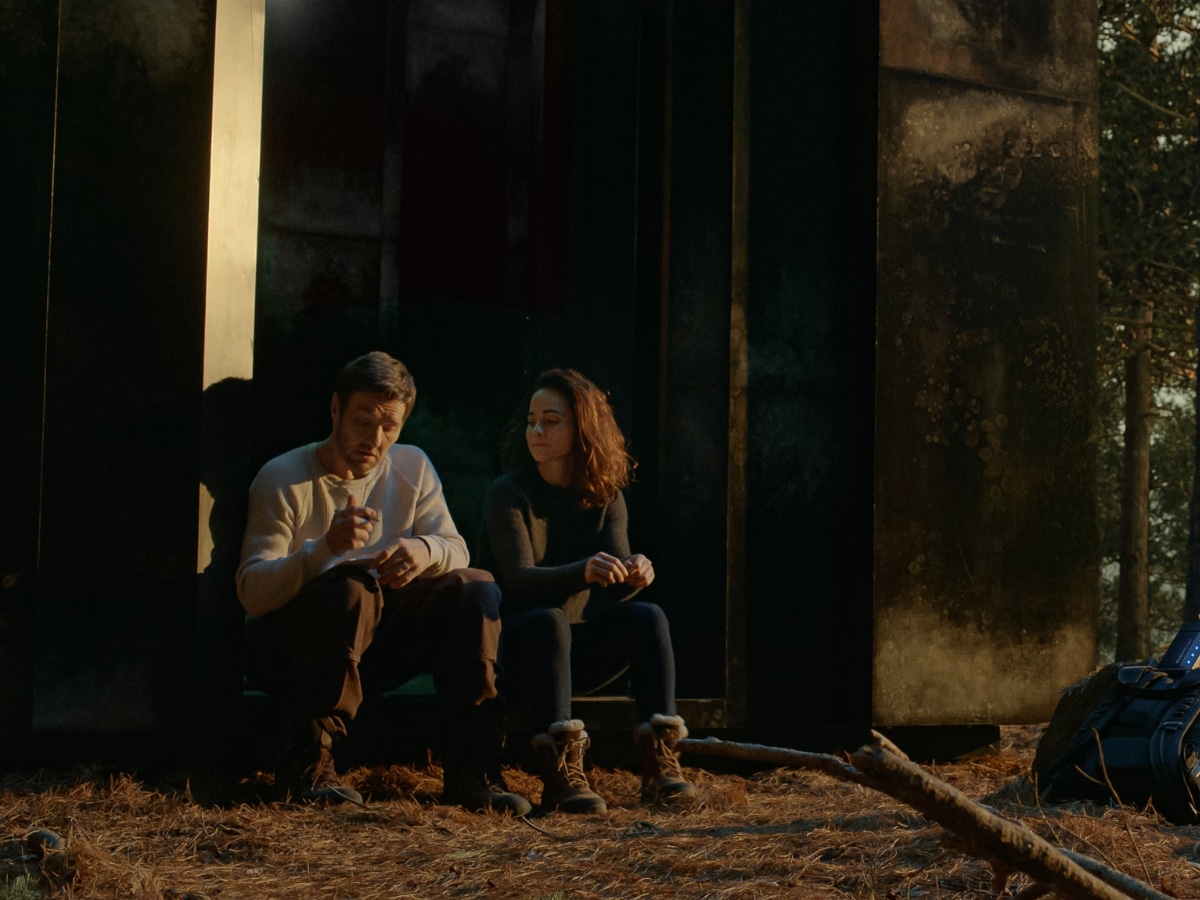
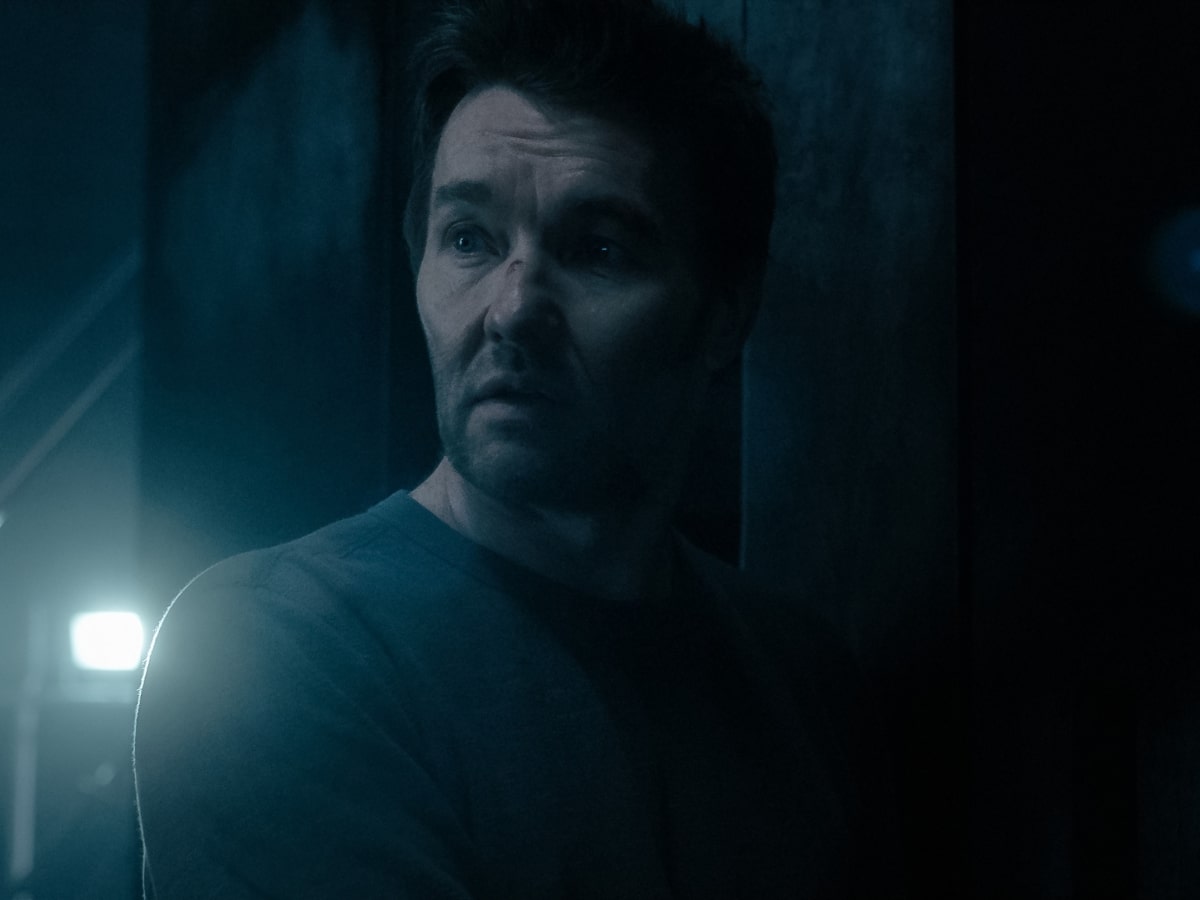
Dealing as it does with themes of regret, unfulfilled potential, and the road not taken, it’s no surprise the show has left Edgerton toying with the idea of what might have been, in a similar—if less direct—way to his on-screen counterpart.
“I do wonder what might have been if I’d chosen a different career, or if I’d have made different personal choices in my life,” he admits. “I certainly wouldn’t exchange anything for any reason at all now, particularly now that I have a family, y’know? I feel like for all the tiny grievances I might have with life on a day-to-day basis, here and there, I’m a very lucky human being, and everything I have is in its right place. But I would be curious to take a peek. I wouldn’t want to swap lives, but I’d take a peek.”
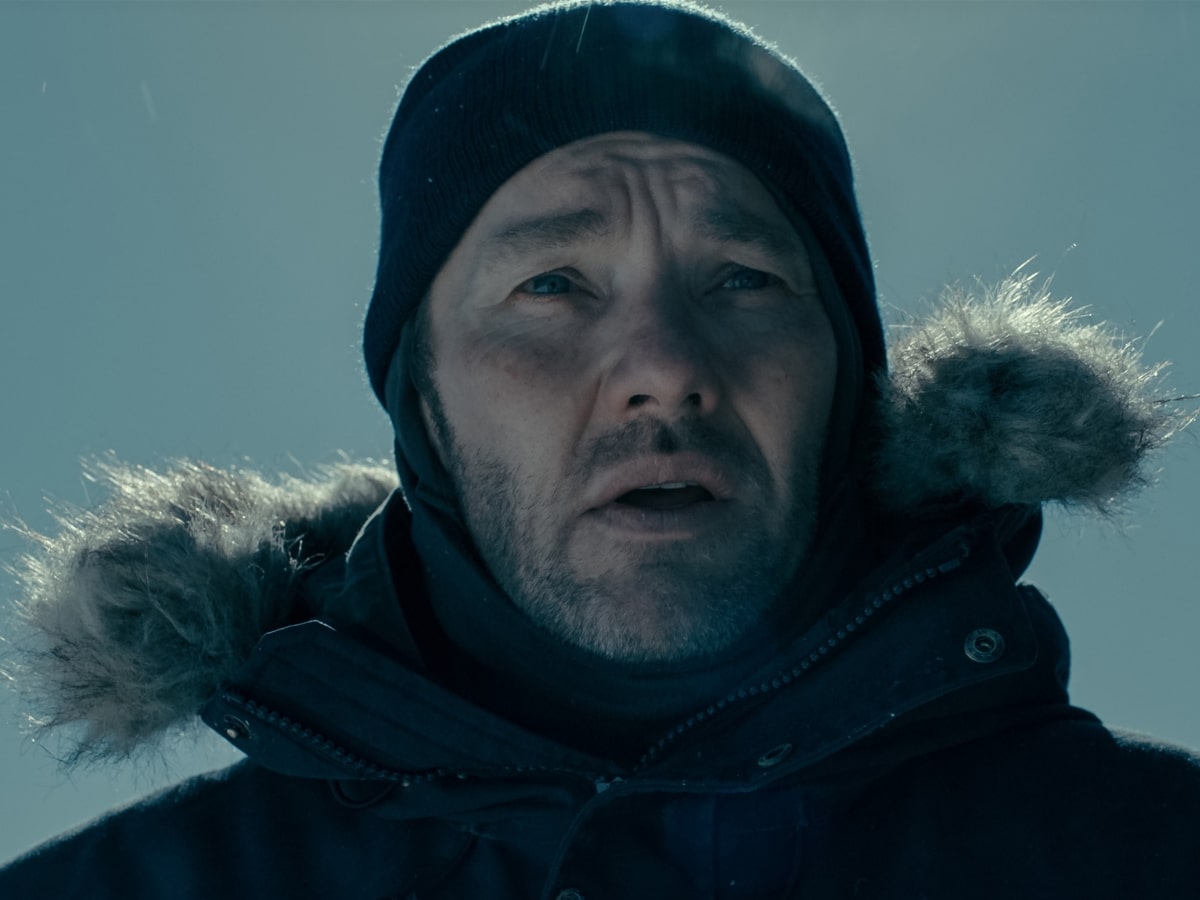
While that’s a temptation few could resist, maintaining gratitude for what you have remains a core element of Dark Matter and, it seems, Edgerton’s approach to life. As he says towards the end of our conversation, “You don’t know what you’ve got ‘til it’s gone.” There’s still wisdom in that old adage.
Dark Matter‘s first eight episodes are available to watch on Apple TV+ right now, with the ninth and final episode screening on June 26.


